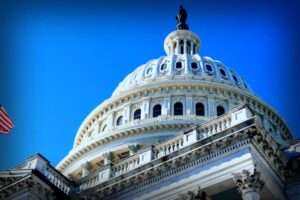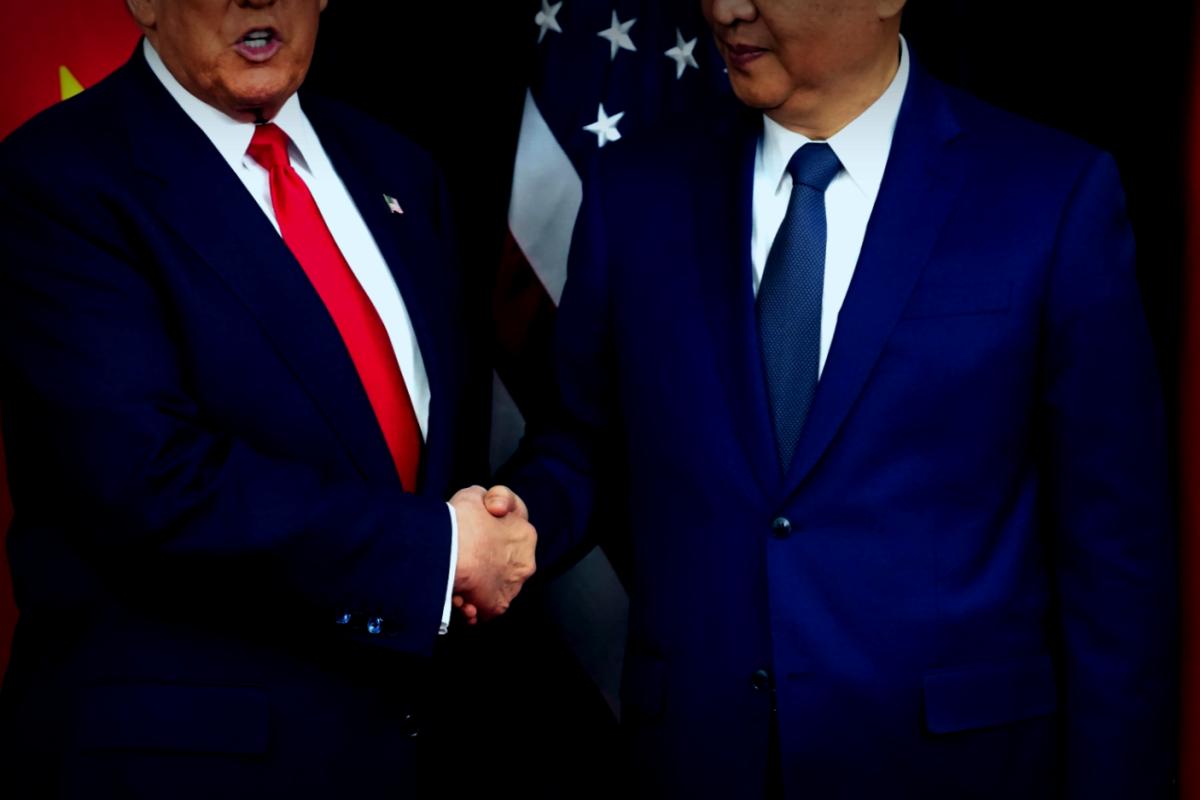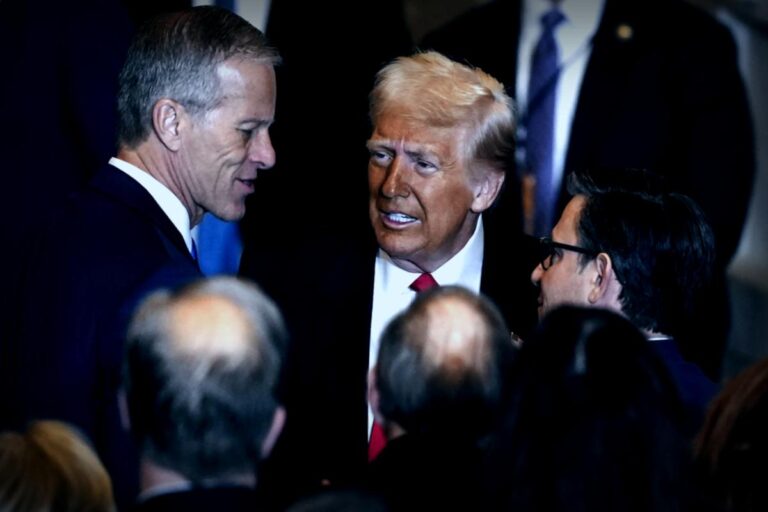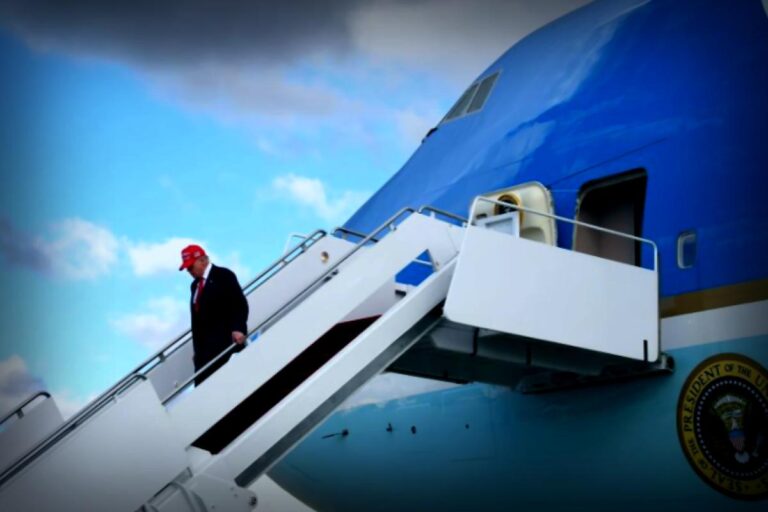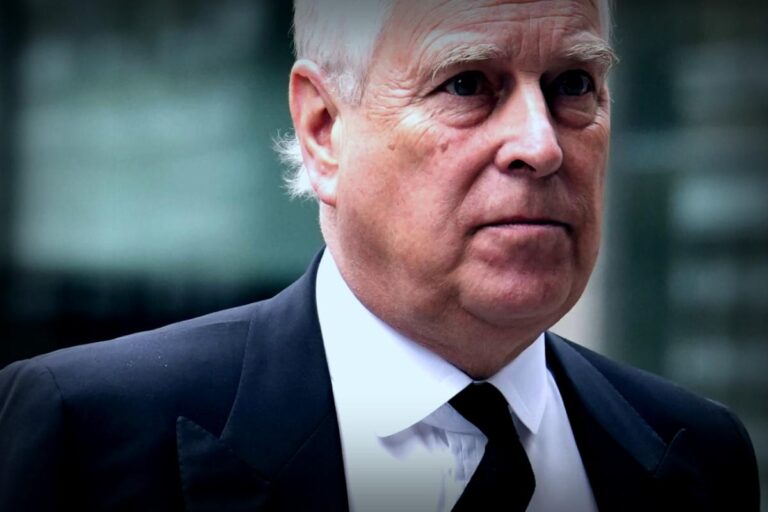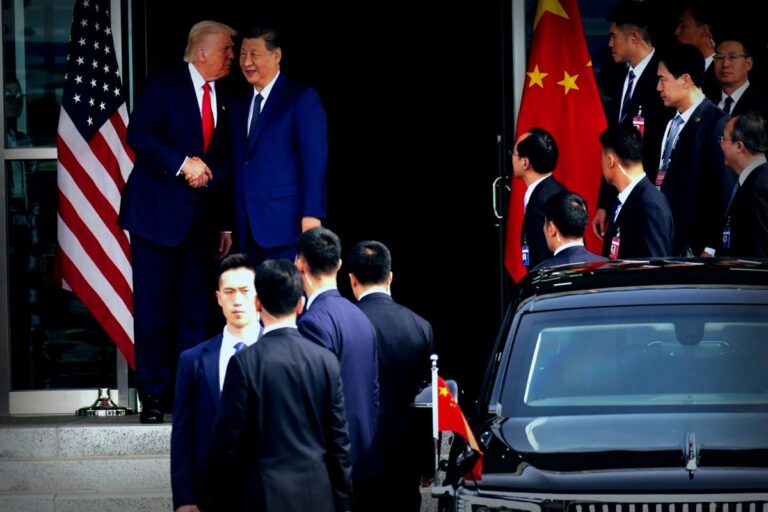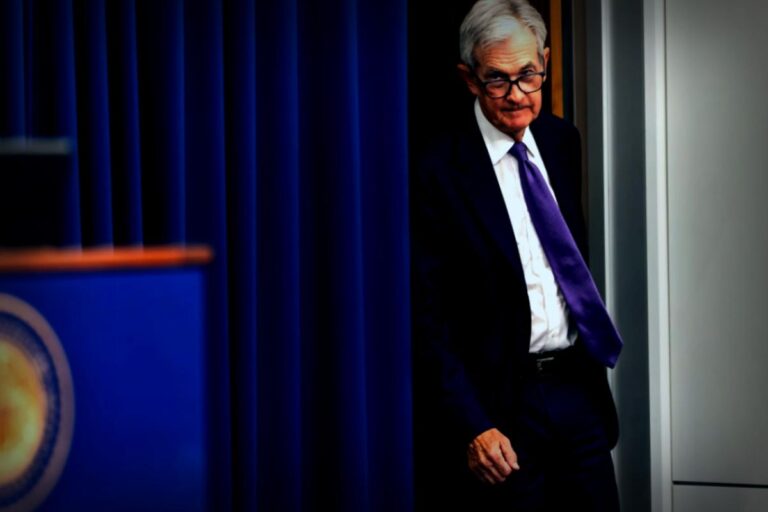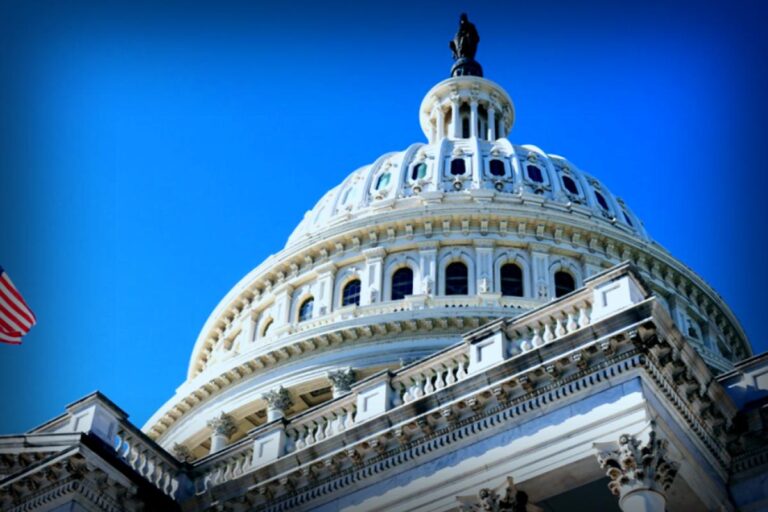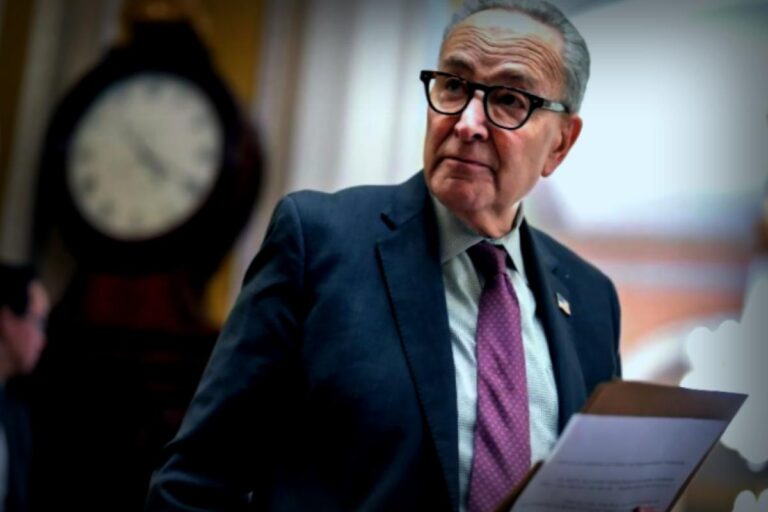Washington — On Thursday, President Trump announced he would be reducing U.S. tariffs on Chinese imports after engaging in a crucial summit with Chinese President Xi Jinping in South Korea, marking a pivotal moment in their ongoing trade conflict.
Trump expressed his enthusiasm, stating, “If I were rating our meeting on a scale of 0 to 10, I’d say it was a 12!” These comments came as he made his way back to Washington from Busan after a detailed 90-minute discussion with Xi, which he described as an “amazing meeting” and labeled a “great success.”
The President revealed to the press, “We’ve got a deal in the works,” hinting that an agreement would soon be signed, although he noted that future renegotiations might take place. “We finalized a lot of things during our talks today,” he emphasized, praising Xi as a “remarkable leader of a significant nation.”
In a significant move, Trump decided to lower the overall tariff on Chinese goods from 57% to 47% following Xi’s promises to reduce shipments of fentanyl-related products to the U.S. These new tariffs will still leave the imports at one of the highest rates faced by the U.S.
He then added that China will start purchasing U.S. soybeans “immediately,” a decision made after the prior boycott had seriously impacted American farmers. Furthermore, discussions regarding China’s rare earth export restrictions were reportedly “resolved,” but the specifics remain unclear.
Looking ahead, Trump mentioned he plans to visit China in April for more discussions, and Xi is expected to visit the U.S. shortly thereafter, whether to Florida, Palm Beach, or Washington, D.C.
This bilateral meeting took place on a South Korean military base towards the end of Trump’s extensive trip across Asia.
Before this key meeting, Trump acknowledged that although he shares a good rapport with Xi, he finds him to be “a tough negotiator,” which he deemed challenging.
Xi responded, stating that negotiators from both countries have made headway in tackling major issues and underlined the importance of the U.S. and China working together as “partners and friends.”
According to Xi, it is natural for the leading economies of the world to experience occasional disagreements, making it critical for both sides to maintain overall stability in their relations.
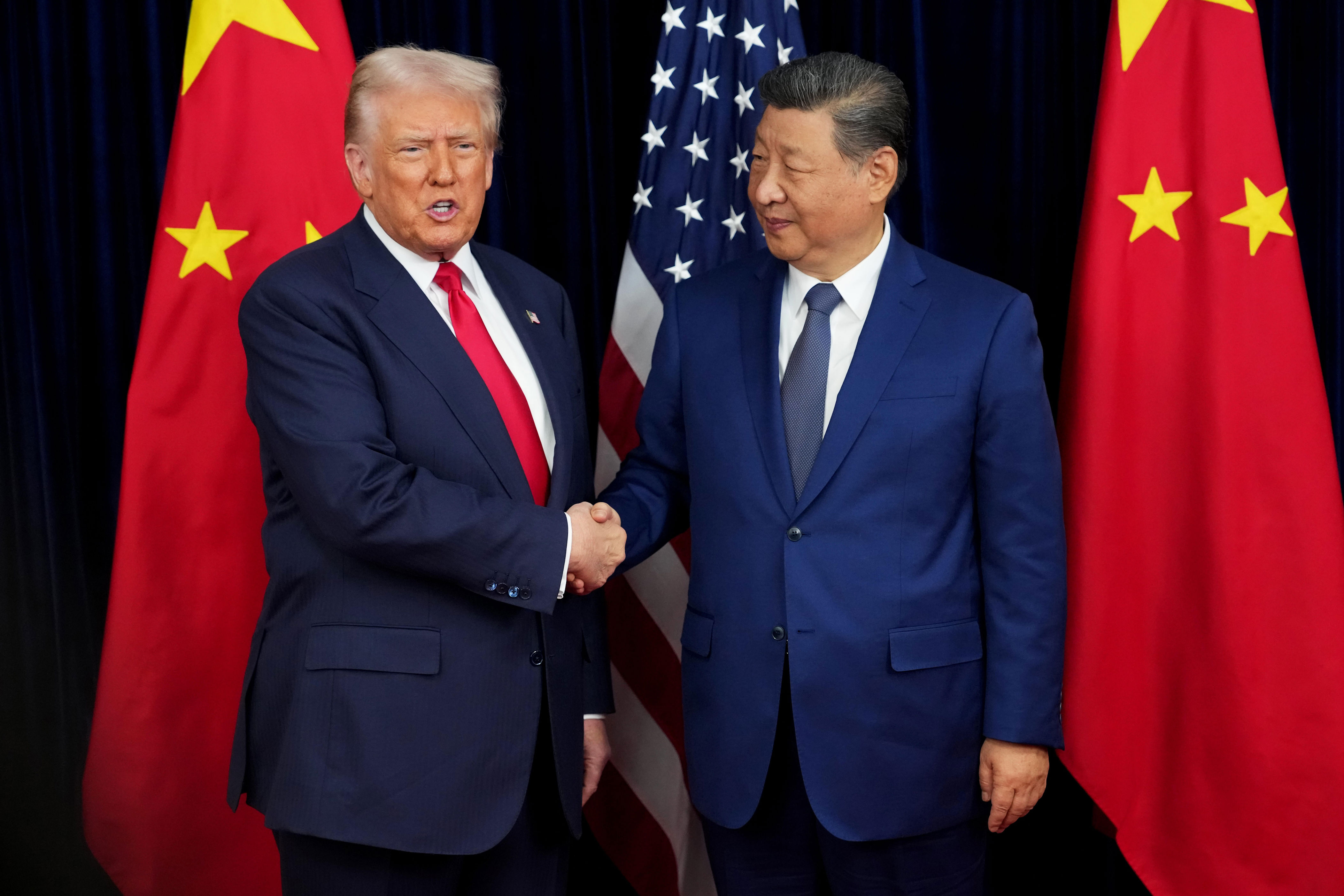
Currently, China ranks as the U.S.’s third-largest trading partner, following Mexico and Canada. In the last year, the U.S. imported $438.9 billion worth of goods from China while exporting $143.5 billion in goods to the country. Trump’s administration has been advocating for higher tariffs primarily due to issues surrounding fentanyl trafficking and perceived unfair trading practices, igniting sparks of a trade war.
In April, both nations temporarily imposed extensive tariffs on each other, which were later suspended to allow for continued negotiations. Last August, an executive order was signed by Trump that postponed the renewal of higher tariffs on Chinese products for an additional 90 days, pushing the deadline to mid-November.
Months of trade discussions preceded the latest meeting between Trump and Xi. Earlier this month, Trump had also hinted at imposing a 100% tariff rate on Chinese imports starting November 1 in response to tightened restrictions on rare earth material exports, potentially raising the total tariffs on Chinese goods to a staggering 155%. Fortunately for the moment, these additional tariffs seem to be taken off the table, as sounded by Treasury Secretary Scott Bessent.
Bessent suggested that a deal where TikTok would come under U.S. majority ownership could be achieved this Thursday, although the Chinese parent company, ByteDance, might retain a minority stake of less than 20%.
The defense sector also remained a key area of friction between the U.S. and China. Trump’s former Secretary of State, Mike Pompeo, opined that Trump should emphasize support for Taiwan’s independence during their communication, noting that Xi would likely seek clarity about America’s position on this sensitive topic.
On the flight home, Trump disclosed that he and Xi refrained from discussing Taiwan.
Additionally, just before meeting Xi, the President announced on Truth Social that he had instructed the Pentagon to resume nuclear weapons testing and commented earlier that he would grant South Korea—a rival of China—the capability to develop a nuclear-powered submarine.
This face-to-face encounter marks the first personal meeting between Trump and Xi since the G20 summit held back in Japan in 2019. Although the pair have conversed by phone since then, the White House revealed that their last documented dialogue was on September 19.
Busan, recognized as an educational and cultural hub along Korea’s southeastern coastline, ranks as South Korea’s second-largest city only after Seoul. The meeting with Xi marks the culmination of Trump’s five-day tour of Asia, primarily envisioned to enhance economic connections and secure trade agreements in the South Pacific region.



